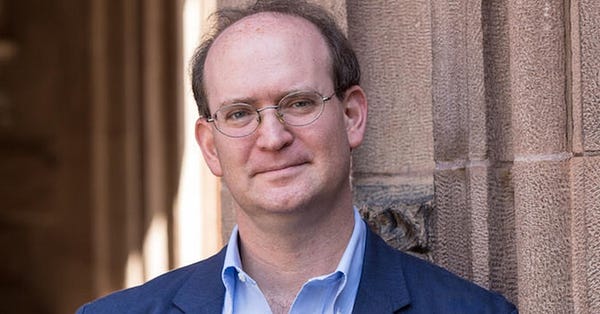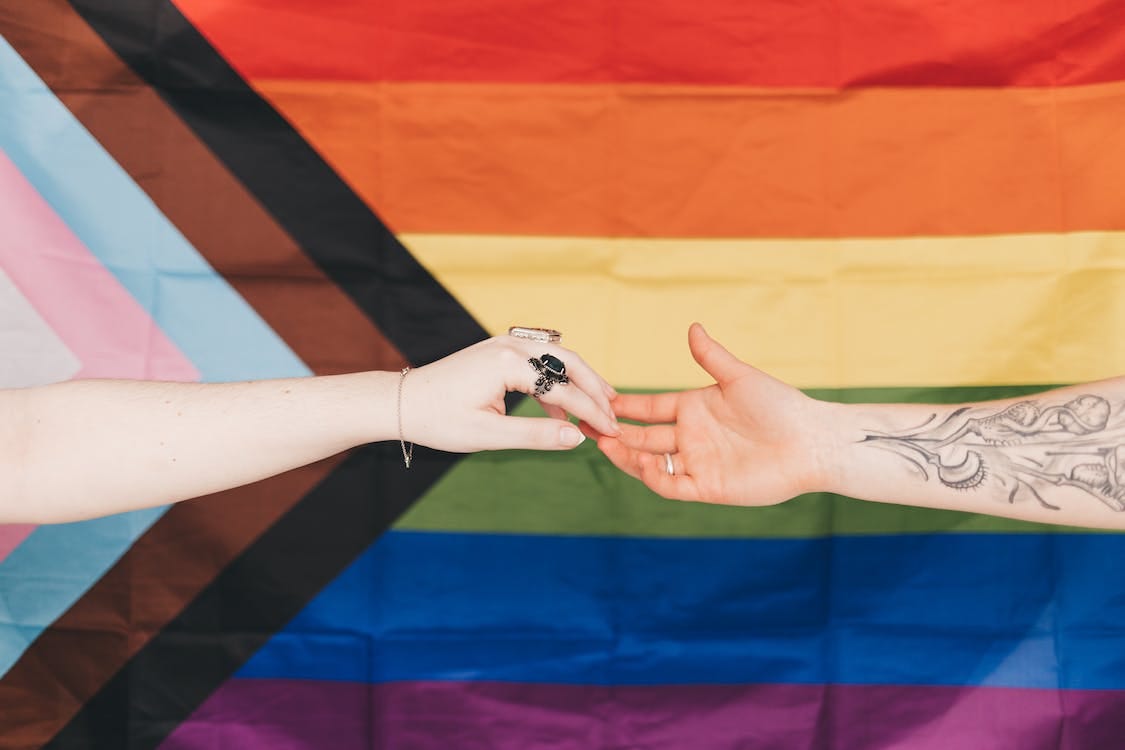Where We Are Now
In some significant ways, the current political, cultural, and legal environment in America is unprecedented. The Twitter thread below by journalist Aaron Sibarium offers a helpful illustration of this. Wokeness as an ideology impacts everything from medicine to large corporations now, and is something that we as investors ought to keep in mind. This isn’t Benjamin Graham’s America anymore.

The theme of my reporting this year was ideological capture and its consequences. From hospitals and nonprofits to corporations and the courts, “wokeness” isn’t just stifling free speech or inventing dumb neologisms; it is determining policy that affects millions of people.🧵

With the backing of the Food and Drug Administration, at least three US states allocated life-saving COVID drugs based on race—in some cases affording “BIPOC status” or “non-white race” more weight than hypertension, heart failure, or chronic lung disease.
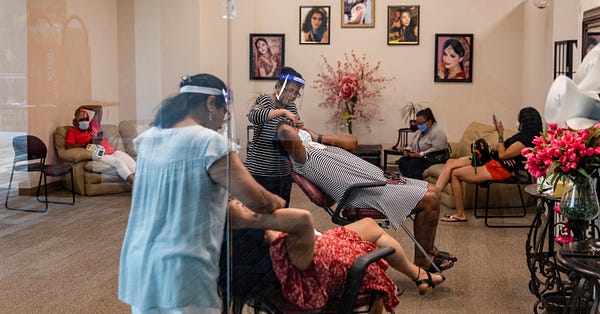

It wasn’t just state health departments, but private hospital systems: SSM Health, one of the largest health networks in the US, gave race more weight than diabetes, obesity, asthma, and hypertension combined in its allocation scheme for COVID treatments.


Biden’s Department of Health and Human Services explicitly blessed these schemes: HHS hailed Utah’s allocation system, which gave “Latinx ethnicity” more points than congestive heart failure, as a "promising practice" for other states to consider.
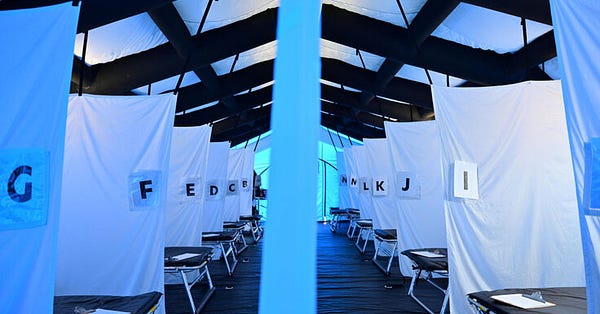

Woke medicine isn’t just about race. It’s also about gender. The American Academy of Pediatrics now says 9 year olds are mature enough to consent to puberty blockers and figure out their own gender identity, but not to cross the street by themselves:


The result: puberty blockers are now given out “like candy” at pediatric gender clinics—that’s according to Jeremi Carswell, the head of Boston Children’s Hospital’s gender clinic—and courts routinely block laws that restrict access to this highly experimental treatment.
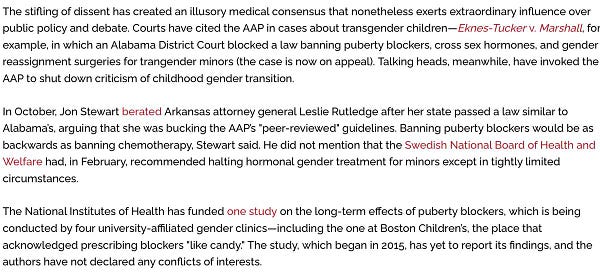

Ok, so medicine is nuts. What about nonprofits?
Well, the largest domestic violence group in Philly paid BIPOC staffers more than white ones, asked white staffers to affirm their innate racism, and discouraged black abuse victims from calling the cops.
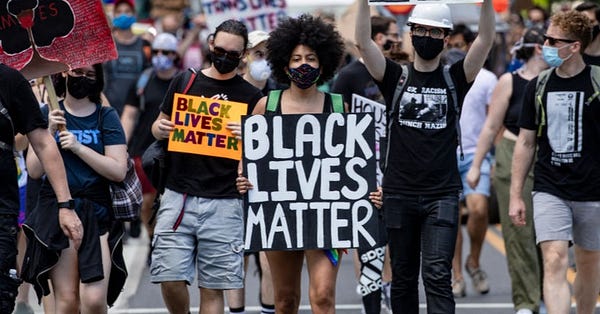

How about big business? Pfizer offers a prestigious fellowship that bars whites and Asians from applying—and which is a blatant violation of numerous civil rights laws, according to top legal experts.
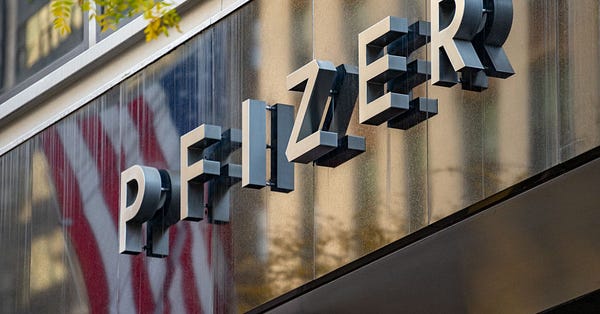

Amazon gives "Black, Latinx, and Native American entrepreneurs" a $10,000 stipend to launch their own delivery startups, an offer that a class-action lawsuit calls "patently unlawful racial discrimination."
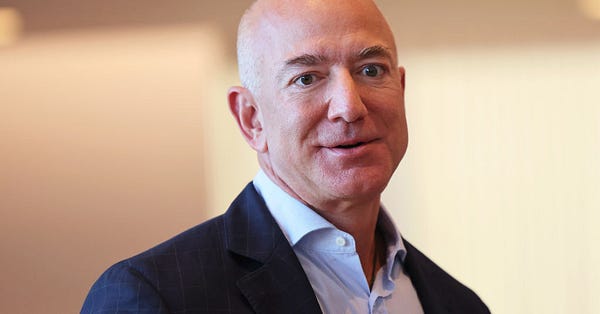

Many prominent businesses are also writing racial and gender quotas into their credit agreements with banks, tying the cost of borrowing to the companies’ workforce diversity. The result is a self-imposed financial incentive to discriminate.
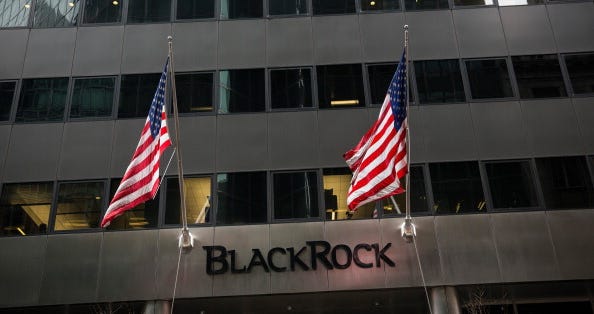

And it’s not just banks and businesses that are writing racial quotas into their agreements. It’s also businesses and universities: Microsoft and IBM capped the number of white and Asian students that universities can nominate for research fellowships.
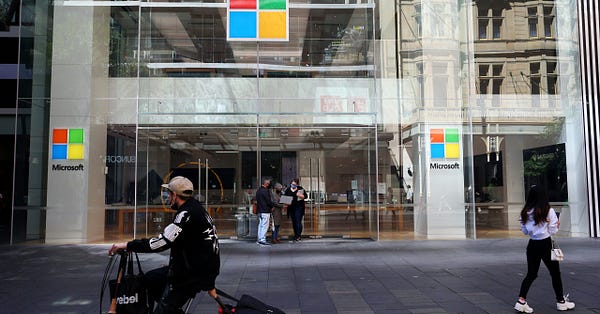

Google likewise set strict caps on the number of white and Asian students that universities could nominate for its Ph.D fellowship, a policy legal experts said could threaten the federal funding of nearly every elite university in the United States.
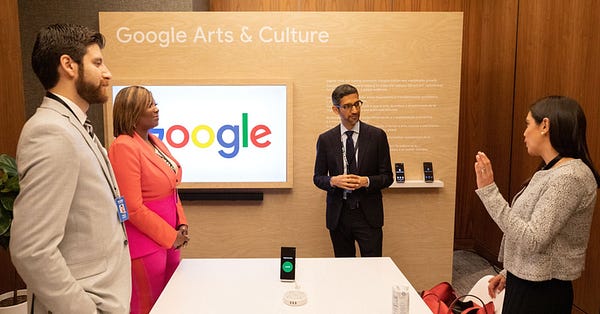

And let’s not forget California’s publicly-funded guaranteed income programs, at least three of which openly discriminate against white residents:
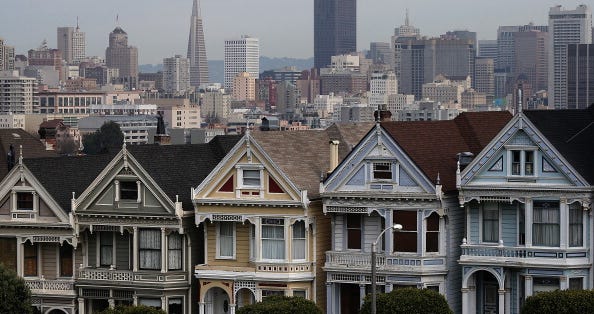

Many of these programs are illegal, and lots of smart lawyers are finding creative ways to challenge them—for example, by arguing that corporate discrimination violates not just civil rights law, but also fiduciary duties to shareholders.


Here’s the problem: the law may not be a bulwark against woke racism for much longer. Once confined to the margins of academia, wokeness has started seeping in to every part of the legal system, from law schools to law firms to the judiciary.
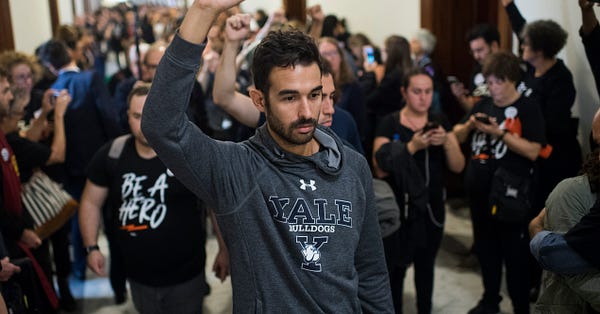

Yale Law School is perhaps the most high-profile example: in March, hundreds of YLS students attempted to shout down a bipartisan panel on civil liberties, causing so much chaos that police were eventually called to escort panelists out of the building.
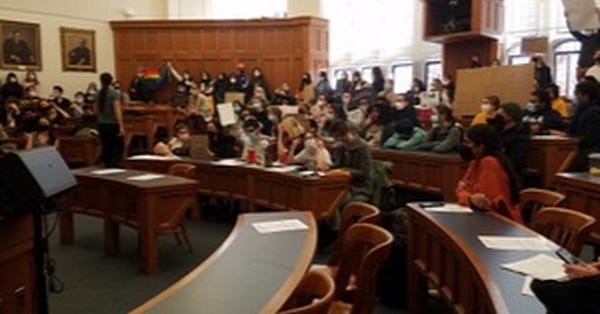

But such incidents can distract from a more profound change on law school campuses: what students are actually learning.
One mandatory class at Georgetown Law School says that property law is "the history of dispossession and appropriation,"


This year, the American Bar Association required all law schools to educate students “on bias, cross-cultural competency, and racism.” That education must include an ethics course that informs students of their duty to "work to eliminate racism.”
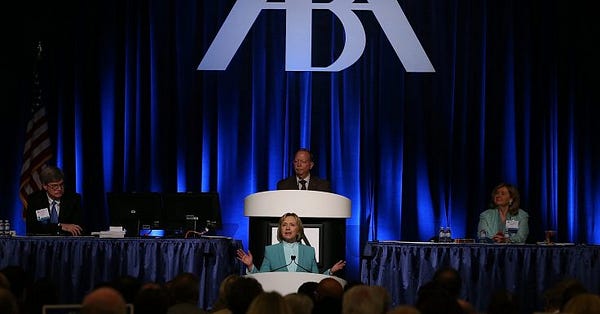

These ideas have already upended basic norms of due process in a major U.S state: When litigants claim that “implicit bias” affected a trial verdict, the Washington state Supreme Court ruled this year, the opposing party "must prove how it did not.”
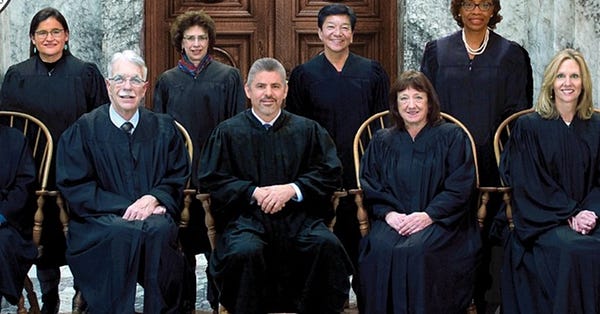

There is no reason to believe that respect for due process will improve any time: Elite universities—which produce the lion’s share of our elites—have continued to capitulate to the mob in cases of alleged misconduct.
Harvard offers one example:


Princeton offers another. I was the first reporter to confirm that Princeton was planning to fire Joshua Katz over a decades-old affair with a former student—even though the school’s Title IX office found that he hadn’t violated any Title IX policies.
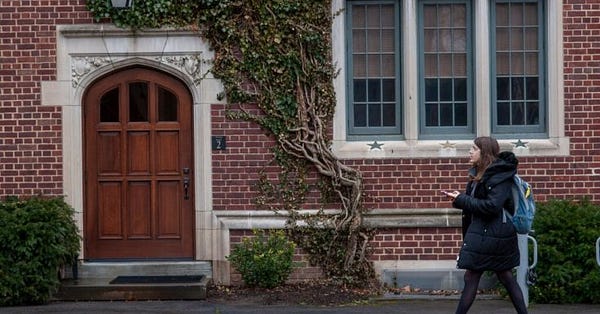

Princeton employed all sorts of procedural chicanery—and ignored all sorts of exculpatory evidence—to reach the conclusion that Katz should be fired.
In what was surely a coincidence, this only happened after he criticized the school’s racial politics.
